The books that shaped Barack Obama
Discover the influential books that shaped Barack Obama's thinking and leadership. Explore the key reads that inspired the former U.S. president's worldview and policies.
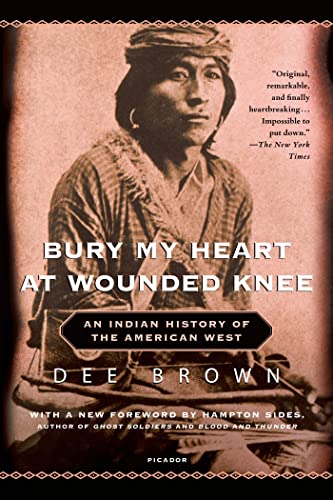

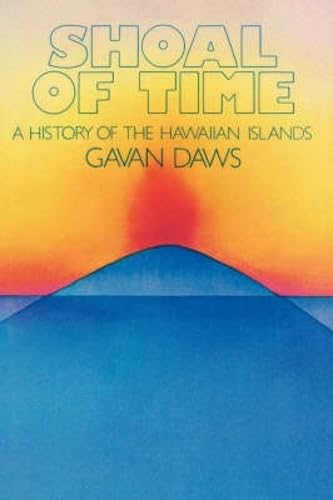
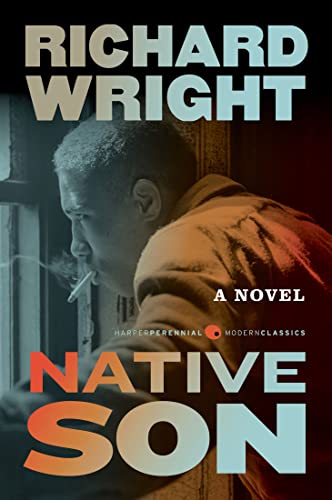

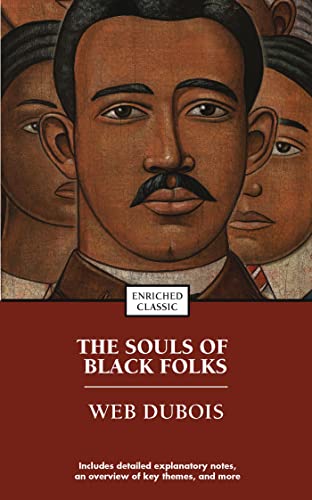
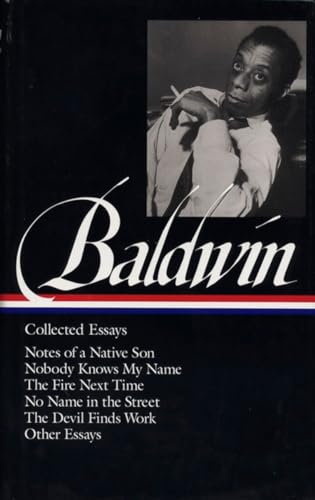

Book
Invisible Man
by Ralph Ellison
NATIONAL BOOK AWARD WINNER • NATIONAL BESTSELLER • In this deeply compelling novel and epic milestone of American literature, a nameless narrator tells his story from the basement lair of the Invisible Man he imagines himself to be. One of The Atlantic’s Great American Novels of the Past 100 Years He describes growing up in a Black community in the South, attending a Negro college from which he is expelled, moving to New York and becoming the chief spokesman of the Harlem branch of "the Brotherhood," before retreating amid violence and confusion. Originally published in 1952 as the first novel by a then unknown author, it remained on the bestseller list for sixteen weeks and established Ralph Ellison as one of the key writers of the century. The book is a passionate and witty tour de force of style, strongly influenced by T.S. Eliot's The Waste Land, James Joyce, and Dostoevsky.

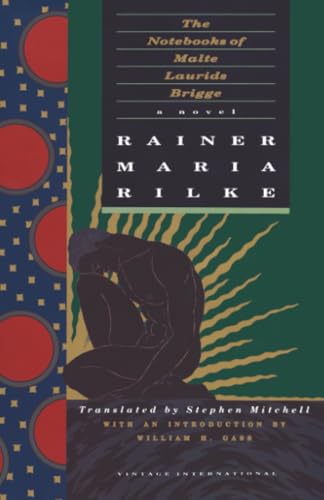

Book
Murphy
by Samuel Beckett
A poor Irishman, seeking his own identity, drifts through worsening stages of despair until his final disintegration.
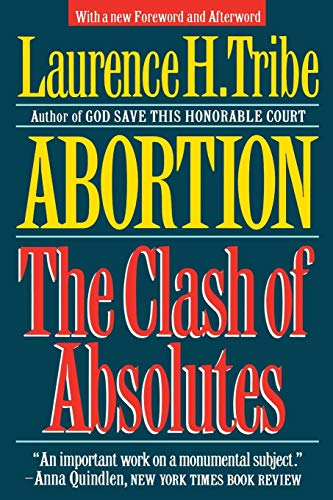
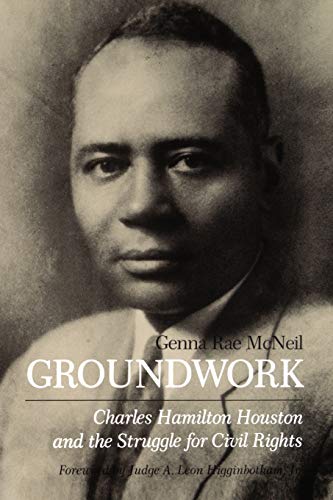
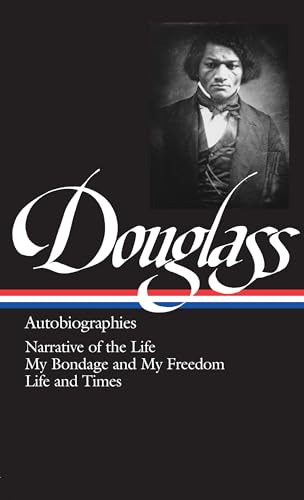
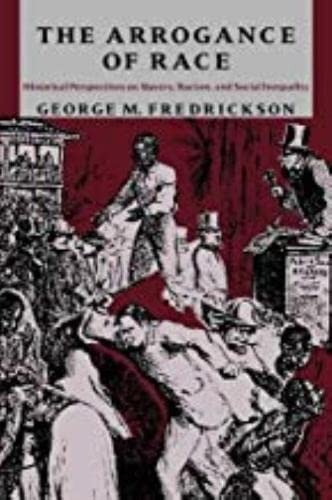
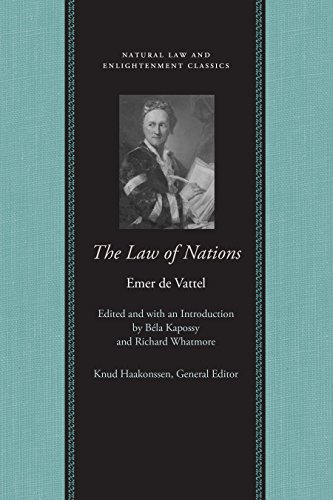
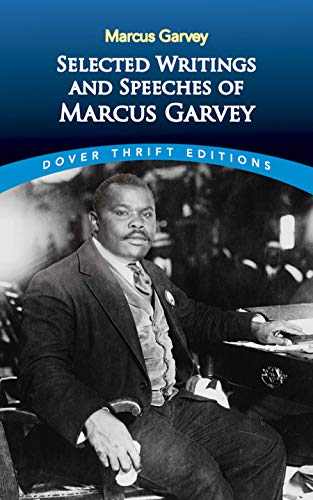
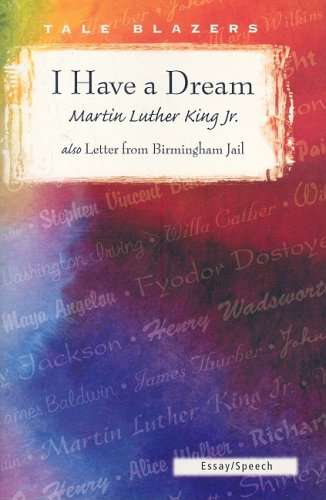
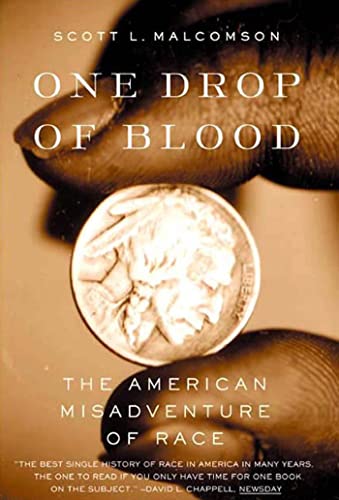

Book
Master of the Senate
by Robert A. Caro
Master of the Senate, Book Three of The Years of Lyndon Johnson, carries Johnson’s story through one of its most remarkable periods: his twelve years, from 1949 to 1960, in the United States Senate. At the heart of the book is its unprecedented revelation of how legislative power works in America, how the Senate works, and how Johnson, in his ascent to the presidency, mastered the Senate as no political leader before him had ever done. It was during these years that all Johnson’s experience—from his Texas Hill Country boyhood to his passionate representation in Congress of his hardscrabble constituents to his tireless construction of a political machine—came to fruition. Caro introduces the story with a dramatic account of the Senate itself: how Daniel Webster, Henry Clay, and John C. Calhoun had made it the center of governmental energy, the forum in which the great issues of the country were thrashed out. And how, by the time Johnson arrived, it had dwindled into a body that merely responded to executive initiatives, all but impervious to the forces of change. Caro anatomizes the genius for political strategy and tactics by which, in an institution that had made the seniority system all-powerful for a century and more, Johnson became Majority Leader after only a single term-the youngest and greatest Senate Leader in our history; how he manipulated the Senate’s hallowed rules and customs and the weaknesses and strengths of his colleagues to change the “unchangeable” Senate from a loose confederation of sovereign senators to a whirring legislative machine under his own iron-fisted control. Caro demonstrates how Johnson’s political genius enabled him to reconcile the unreconcilable: to retain the support of the southerners who controlled the Senate while earning the trust—or at least the cooperation—of the liberals, led by Paul Douglas and Hubert Humphrey, without whom he could not achieve his goal of winning the presidency. He shows the dark side of Johnson’s ambition: how he proved his loyalty to the great oil barons who had financed his rise to power by ruthlessly destroying the career of the New Dealer who was in charge of regulating them, Federal Power Commission Chairman Leland Olds. And we watch him achieve the impossible: convincing southerners that although he was firmly in their camp as the anointed successor to their leader, Richard Russell, it was essential that they allow him to make some progress toward civil rights. In a breathtaking tour de force, Caro details Johnson’s amazing triumph in maneuvering to passage the first civil rights legislation since 1875. Master of the Senate, told with an abundance of rich detail that could only have come from Caro’s peerless research, is both a galvanizing portrait of the man himself—the titan of Capital Hill, volcanic, mesmerizing—and a definitive and revelatory study of the workings and personal and legislative power.

Book
The Post-American World
by Fareed Zakaria
The author of the bestselling "The Future of Freedom" describes a world in which the U.S. will no longer dominate the global economy. He sees the "rise of the rest" as the great story of modern times, and one that will reshape the world.

Book
The Rise of Theodore Roosevelt
by Edmund Morris
WINNER OF THE PULITZER PRIZE AND THE NATIONAL BOOK AWARD • One of Modern Library’s 100 best nonfiction books of all time • One of Esquire’s 50 best biographies of all time “A towering biography . . . a brilliant chronicle.”—Time This classic biography is the story of seven men—a naturalist, a writer, a lover, a hunter, a ranchman, a soldier, and a politician—who merged at age forty-two to become the youngest President in history. The Rise of Theodore Roosevelt begins at the apex of his international prestige. That was on New Year’s Day, 1907, when TR, who had just won the Nobel Peace Prize, threw open the doors of the White House to the American people and shook 8,150 hands. One visitor remarked afterward, “You go to the White House, you shake hands with Roosevelt and hear him talk—and then you go home to wring the personality out of your clothes.” The rest of this book tells the story of TR’s irresistible rise to power. During the years 1858–1901, Theodore Roosevelt transformed himself from a frail, asthmatic boy into a full-blooded man. Fresh out of Harvard, he simultaneously published a distinguished work of naval history and became the fist-swinging leader of a Republican insurgency in the New York State Assembly. He chased thieves across the Badlands of North Dakota with a copy of Anna Karenina in one hand and a Winchester rifle in the other. Married to his childhood sweetheart in 1886, he became the country squire of Sagamore Hill on Long Island, a flamboyant civil service reformer in Washington, D.C., and a night-stalking police commissioner in New York City. As assistant secretary of the navy, he almost single-handedly brought about the Spanish-American War. After leading “Roosevelt’s Rough Riders” in the famous charge up San Juan Hill, Cuba, he returned home a military hero, and was rewarded with the governorship of New York. In what he called his “spare hours” he fathered six children and wrote fourteen books. By 1901, the man Senator Mark Hanna called “that damned cowboy” was vice president. Seven months later, an assassin’s bullet gave TR the national leadership he had always craved. His is a story so prodigal in its variety, so surprising in its turns of fate, that previous biographers have treated it as a series of haphazard episodes. This book, the only full study of TR’s pre-presidential years, shows that he was an inevitable chief executive. “It was as if he were subconsciously aware that he was a man of many selves,” the author writes, “and set about developing each one in turn, knowing that one day he would be President of all the people.”

Book
Dreams from My Father
by Barack Obama
#1 NEW YORK TIMES BESTSELLER • ONE OF ESSENCE’S 50 MOST IMPACTFUL BLACK BOOKS OF THE PAST 50 YEARS In this iconic memoir of his early days, Barack Obama “guides us straight to the intersection of the most serious questions of identity, class, and race” (The Washington Post Book World). “Quite extraordinary.”—Toni Morrison In this lyrical, unsentimental, and compelling memoir, the son of a black African father and a white American mother searches for a workable meaning to his life as a black American. It begins in New York, where Barack Obama learns that his father—a figure he knows more as a myth than as a man—has been killed in a car accident. This sudden death inspires an emotional odyssey—first to a small town in Kansas, from which he retraces the migration of his mother’s family to Hawaii, and then to Kenya, where he meets the African side of his family, confronts the bitter truth of his father’s life, and at last reconciles his divided inheritance. Praise for Dreams from My Father “Beautifully crafted . . . moving and candid . . . This book belongs on the shelf beside works like James McBride’s The Color of Water and Gregory Howard Williams’s Life on the Color Line as a tale of living astride America’s racial categories.”—Scott Turow “Provocative . . . Persuasively describes the phenomenon of belonging to two different worlds, and thus belonging to neither.”—The New York Times Book Review “Obama’s writing is incisive yet forgiving. This is a book worth savoring.”—Alex Kotlowitz, author of There Are No Children Here “One of the most powerful books of self-discovery I’ve ever read, all the more so for its illuminating insights into the problems not only of race, class, and color, but of culture and ethnicity. It is also beautifully written, skillfully layered, and paced like a good novel.”—Charlayne Hunter-Gault, author of In My Place “Dreams from My Father is an exquisite, sensitive study of this wonderful young author’s journey into adulthood, his search for community and his place in it, his quest for an understanding of his roots, and his discovery of the poetry of human life. Perceptive and wise, this book will tell you something about yourself whether you are black or white.”—Marian Wright Edelman
